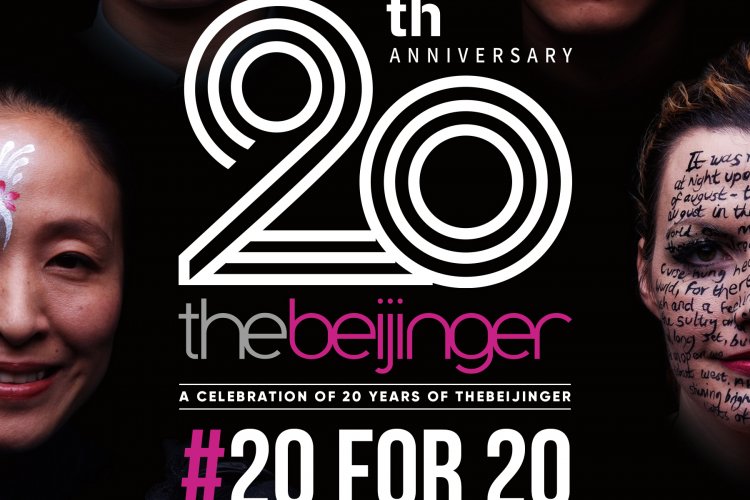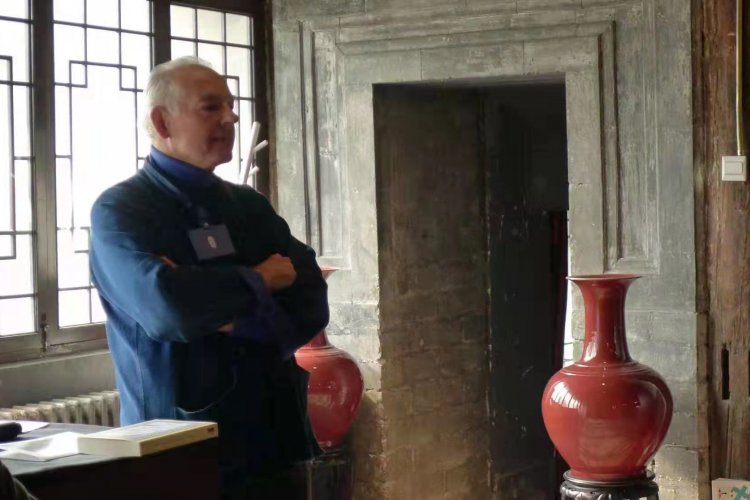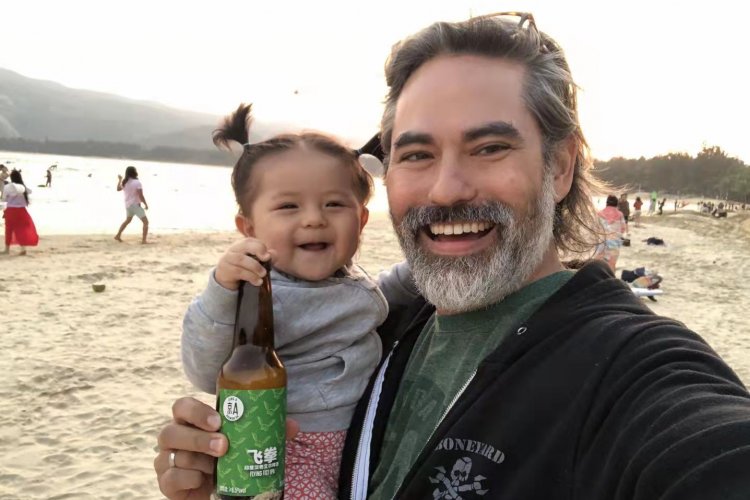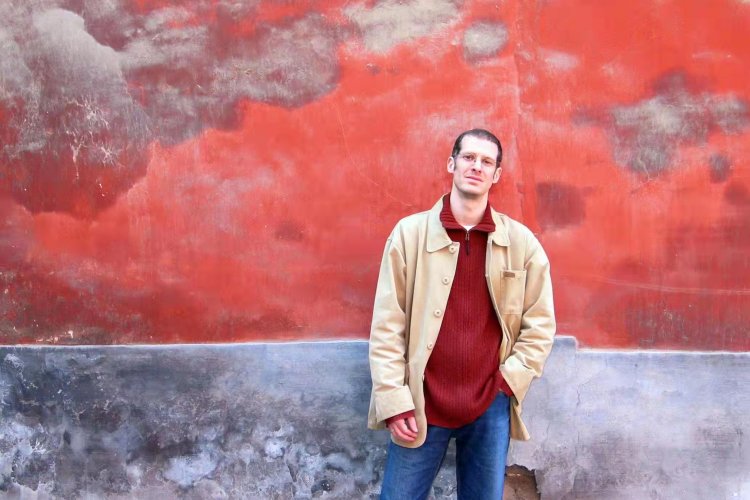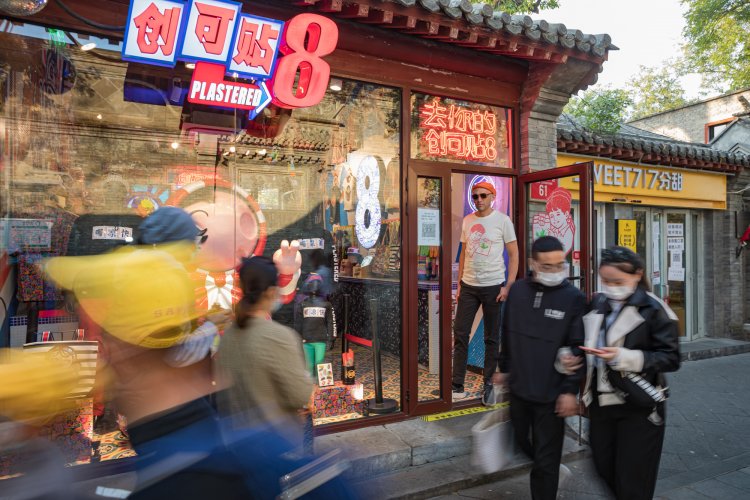20 for 20: Sports, Media Expert & Founder of ClubFootball Beijing, Rowan Simons
In celebration of our 20th anniversary, we're profiling 20 movers and shakers who, much like The Beijinger, have called the capital home for 20 years or more.
Rowan Simons arrived in China in the 1980s to study Chinese. His first career was in media, and he was invited to become a guest commentator on Beijing TV's live coverage of the Premier League and the FA Cup. Through his commentating, he soon discovered that although people liked to watch football, many did not play. In 2001, he established ClubFootball (also celebrating its 20th anniversary this year!), which offers coaching services to schools and more to support the growth of grassroots football culture. He authored a book, Bamboo Goalposts, about his experiences of football in China. He also advises international media organisations on the media and sports industries in China.
What brought you to Beijing, and when?
I came to Beijing in 1987 to study Chinese at the No.1 Beijing Foreign Languages Institute, now the Beijing Foreign Languages University.

What were some of your first impressions of the city?
I remember that there were very few lights at night-time and the whole city seemed to go to sleep at around 8pm. There was no hot water in our dormitories, so we had to fill up thermos flasks from a boiler in another building. Everything was very cheap compared to the U.K. and a highlight of our week was the sumptuous Sunday brunch at the Shangri-La, which only cost RMB 33. I remember we found it very strange that there were two types of money in China at that time, Foreign Exchange Certificates and Renminbi. We also discovered that foreigners and Chinese were not allowed to dance together, which seemed like a crazy rule as we shared rooms with Chinese students.
Did you imagine at that time that you’d still be here >20 years later?
I fell in love with China during that first year and decided then that I wanted to stay here. There were so many opportunities as the service industries that we take for granted now were just being introduced. As a 20 year old student, I liked watching TV, partying and playing football, so I jumped right into the fledgling media, entertainment and sports sectors.
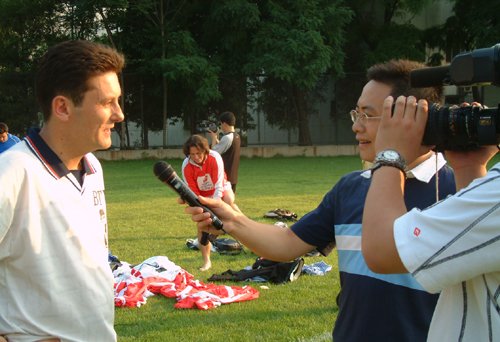
Tell us about one of your quintessential first experiences in the city
The joy of finding a restaurant on the campus that served fantastic dumplings -- baozi and jiaozi. It saved us from having to eat in the student canteen.
What’s changed the most since you first arrived?
Just about everything has changed, except perhaps the main roads, the temples and some of the hutongs. And the Friendship Hotel.
How you do think Beijing has changed you as a person?
Beijing has had a huge influence on me as a person. As one small example, whenever I return to the U.K. and go out for a meal with friends, I jump up to pay the bill for everyone, but nobody else does that.
What are the main reasons why Beijing continues to be a draw for you to this day?
I have been in China longer than I was in the U.K., so it is a second home, and my work and my wife are here.

Name your three favorite places in the city (aside from your home), could be restaurants, parks, cafes, tourist attractions, neighborhoods, experiences.
The old Worker's Stadium. The Great Wall at Mutianyu (beyond the repaired section). The top of Longevity Hill in the Summer Palace.
What’s one piece of advice you have for relatively recent arrivals (within the last year)?
Has anyone new arrived in the last year? If so, make sure you spend time checking out the old parts of the city which are the only places to get a real flavor of what makes Beijing different.
READ: 20 for 20: Great Wall Explorer William Lindesay
Images: chinaspeakersbureau.info, courtesy of Rowan Simons


